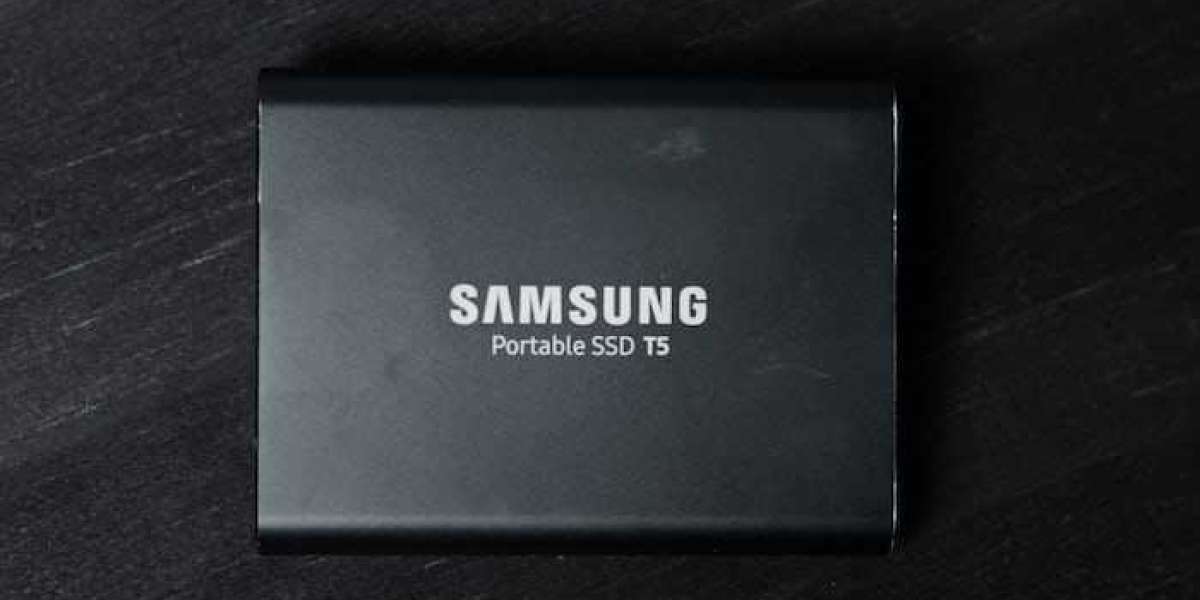A SSD is a solid-state storage device that uses integrated circuit assemblies to store data consistently; Typically using flash memory, and functioning as secondary storage in the hierarchy of computer storage It is also sometimes called a semiconductor storage device, a solid-state device or a solid-state disk. SSDs lack a spinning disk among its internals. But it's still a viable option for storing data.
Comparing the SSD to hard disk drives and similar electronic parts. SSDs are commonly more resistant to physical shock, run silently, and have higher input/output rates and lower latency, and as abit of a tangent:
SSDs store data in semiconductor cells, and as of 2019, cells can contain between 1 and 4 bits of data. SSD storage devices vary in their properties according to the number of bits stored in each cell, with single-bit cells ("Single Level Cells" or "SLC") being generally the most reliable, durable, fast, and expensive type, compared with 2- and 3-bit cells
SSDs based on volatile memory such as DRAM are characterized by very fast data access, generally less than 10 MS (millisecond), and are used primarily to speed up applications that would otherwise be held back by the latency of flash SSDs or traditional HDDs.
DRAM-based SSDs usually incorporate either an internal battery or an external AC/DC adapter and backup storage systems to ensure data persistence while no power is being supplied to the drive from external sources. If power is lost, the battery provides power while all information is copied from random access memory to back-up storage. When the power is restored, the information is copied back to the RAM from the back-up storage, and the SSD resumes normal operations
However, they're rather costly and offer less traditional storage space. In comparison to HDD's (Hard disk drives)
Tl;Dr
A SSD (solid state drive) is a storage device for containing digital content. There are many configuations. capacities and qualities of the SSD that should be considered before you buy one.o
Do your research before you buy yours so you can make the most of what you get. That is if you choose to pick a SSD. There is plenty of data storage devices.







